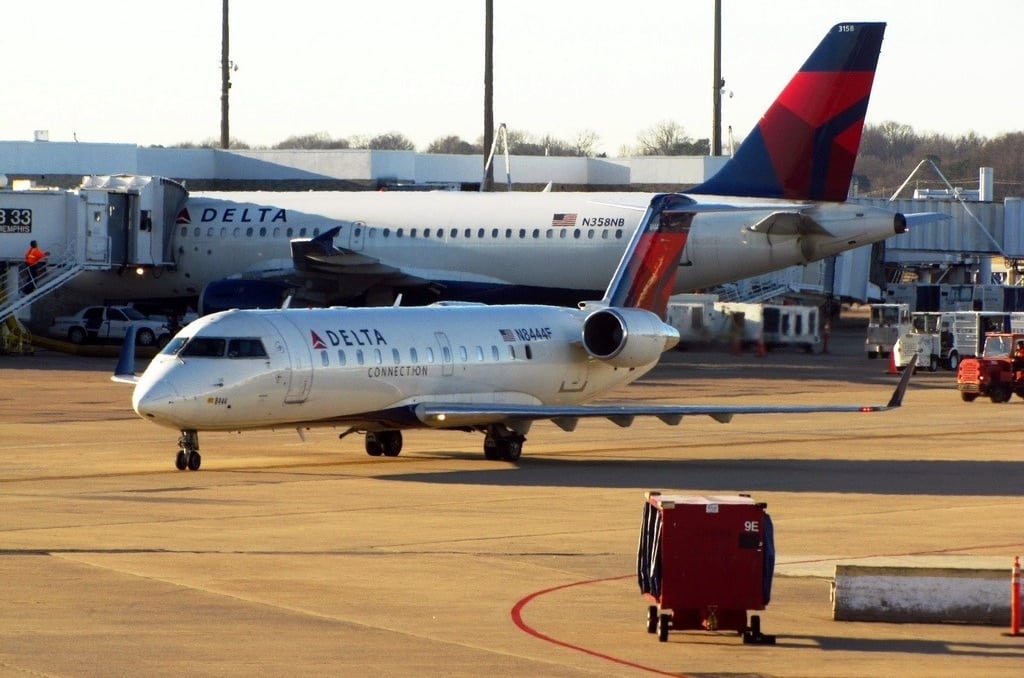What happens when an airline leaves town; Memphis’ lament

Skift Take
The old country song reminds us that in life and business, sometimes we’re the windshield, and sometimes the bug.
Business and political leaders were smashed like a swarm of gnats on a semi recently when Pinnacle Airlines decided to move its corporate headquarters and hundreds of high-paying jobs out of Memphis and into an airport complex in Minneapolis.
The decision came after the biggest of bigwigs in Memphis and Tennessee — including Mayor A C Wharton, FedEx CEO Frederick W. Smith and Gov. Bill Haslam — tried to dissuade Pinnacle of moving out of Memphis less than two years after it moved into a Downtown office building.
But the Pinnacle motorcade left the building.
It didn’t feel good, but it isn’t all bad. Here’s why.
There are lessons to be drawn from the short romance and quick divorce from Pinnacle Airlines. To be honest, she wasn’t the right date from the beginning.
Remember what your mother always said? When you marry a girl, you are marrying the whole family.
And in the case of Pinnacle, the extended family included Delta Air Lines and the entire U.S. airline industry.
While 20/20 hindsight is always better, when you look back you can see signs that Pinnacle’s marriage to Memphis was in trouble from the beginning.
In 2011, when the company agreed to move 600 employees into One Commerce Square, the writing was on the wall. Delta had announced that it was moving away from the 50-seat jets that made up the bulk of Pinnacle’s fleet. And the U.S. airline industry had already shown its intention to move out of cities like Memphis.
Delta, United and American airlines all began in 2008 drastically reducing flights to smaller airports, raising fares and shifting their business models to bigger planes flying to bigger cities all over the world.
And there lies a lesson. Be careful when you propose a marriage.
“It is tricky ground for government,” Haslam said last week, when asked about the efforts to lure Pinnacle to Downtown. “I think it’s important to make sure these efforts to bring businesses or help businesses stay are focused in places where we have a strategic advantage.”
In other words, put future city, state and private-sector recruitment and retention efforts into businesses where Greater Memphis has an edge, an advantage, and where solid metrics suggest the investment will stick.
In the case of Pinnacle Airlines, Memphis didn’t have a strategic edge. Yes, the city tried — both with the carrot and the stick. Neither worked in the end.
Despite the outrage at high fares and flight reductions, which apparently was designed to try to shame Delta and Pinnacle into staying, and despite significant efforts behind the scenes to give Pinnacle incentives to stay, the city couldn’t leverage itself against the larger forces that were shaping the airline industry.
Memphis was the bug, not the windshield.
(c)2013 The Commercial Appeal (Memphis, Tenn.). Distributed by MCT Information Services. ![]()




